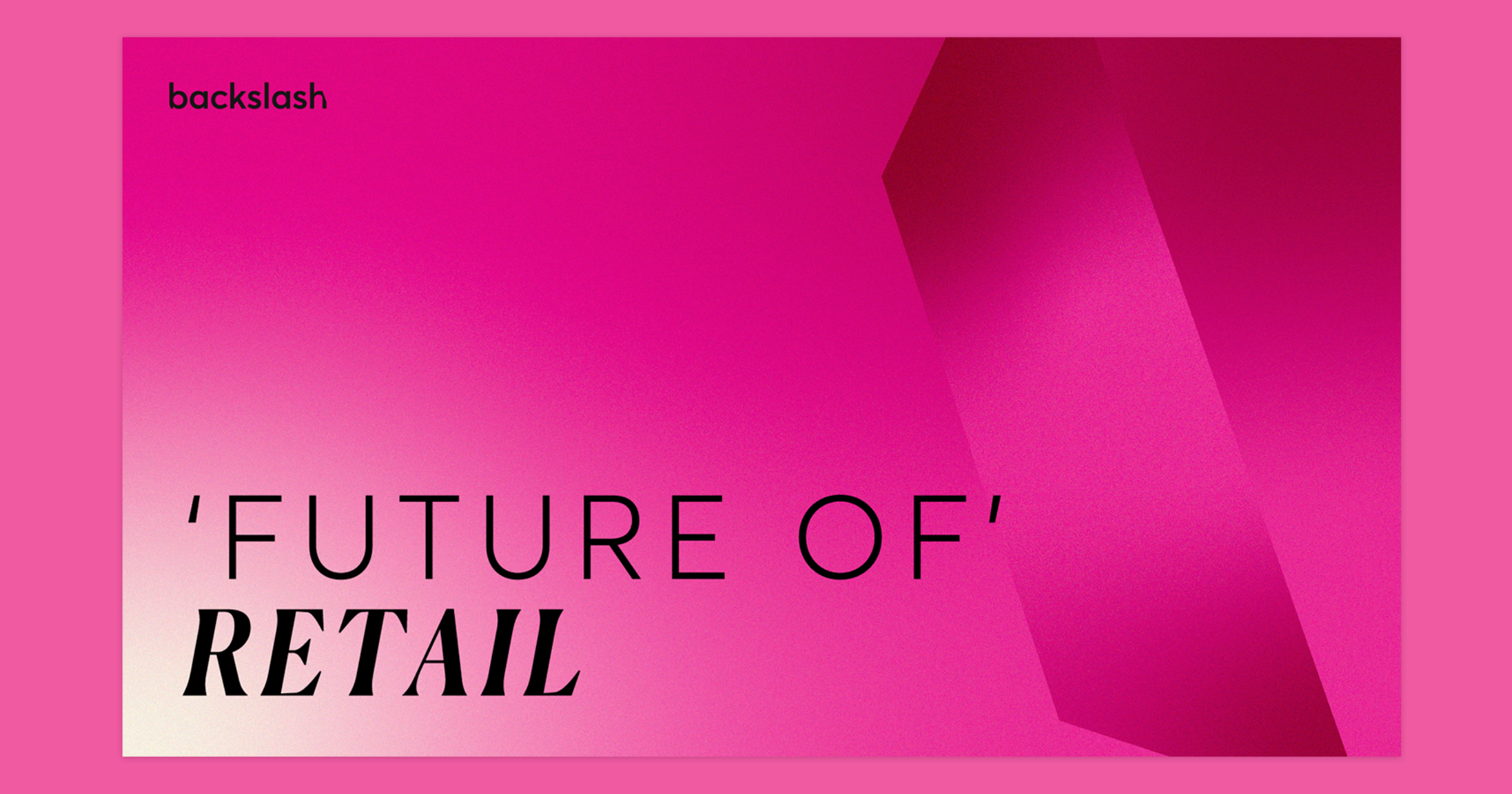Backslash, the cultural intelligence unit of TBWA/Worldwide has released a report on the future of retail, the report focuses on four growth opportunities for retailers.
The report found that although online shopping will continue to grow, in-store retail is still important to consumers, post-pandemic.
The report looked at the changes retailers have faced during the pandemic, including the rise in online shopping. However, the report also found that consumers still want in-store experiences.
The backslash report referenced a 2021 survey, that found 83 per cent of Americans said they’d risk contracting COVID-19 to purchase something in-person rather than online.
The report focused on four growth opportunities for retailers:
1. Flex Retail: A new era of retail requires that physical spaces serve a purpose beyond shopping. The stores of the future will revitalize cities, uplift local communities, and promote circularity.
2. Tech Tightrope: Next-gen retail technology will work behind the scenes to enable a seamless shopping experience. Retailers need to show a more meaningful way forward through phantom tech, intelligent ordering, and sensory stores.
3. Networked Commerce: To survive increasingly communal commerce, brands will need to make everyone in their network an active player. Tomorrow’s retailers will strengthen relationships by engaging in direct dialogue, pivoting from influencers to educators, and joining brand coalitions.
4. Lifecycle Luxury: A richer kind of luxury will put product life cycles in the centre of focus. Looking forward, upscale eco-materials, authenticity trackers, and functionality will define the new premium.
An online presentation was held this week to discuss the report.
Renata Yannoulis, strategic planner at TBWA\Australia, said: “Within the report, we’ve unpacked broader cultural and consumer shifts affecting retailers, and we explore four big opportunities for disruptive growth, identifying specific ways for retailers to take action. It’s a carefully crafted cultural strategy that makes business sense for Australian retailers to use as provocation and impetus to become agents of change.”
The presentation also discussed how Australian retailers are focusing on becoming more eco-friendly and sustainable due to demand from Australian consumers.








